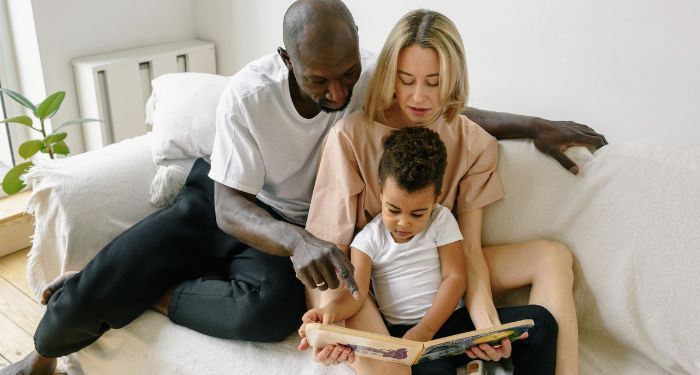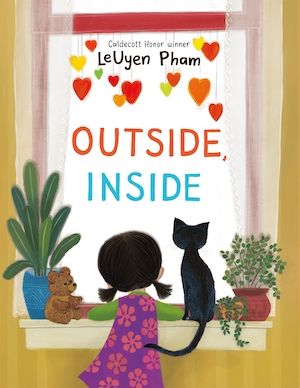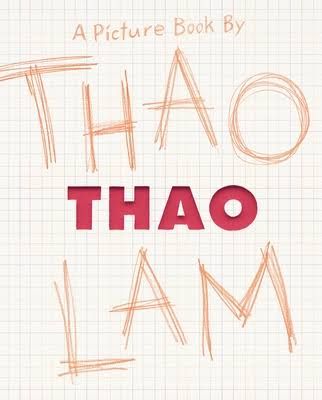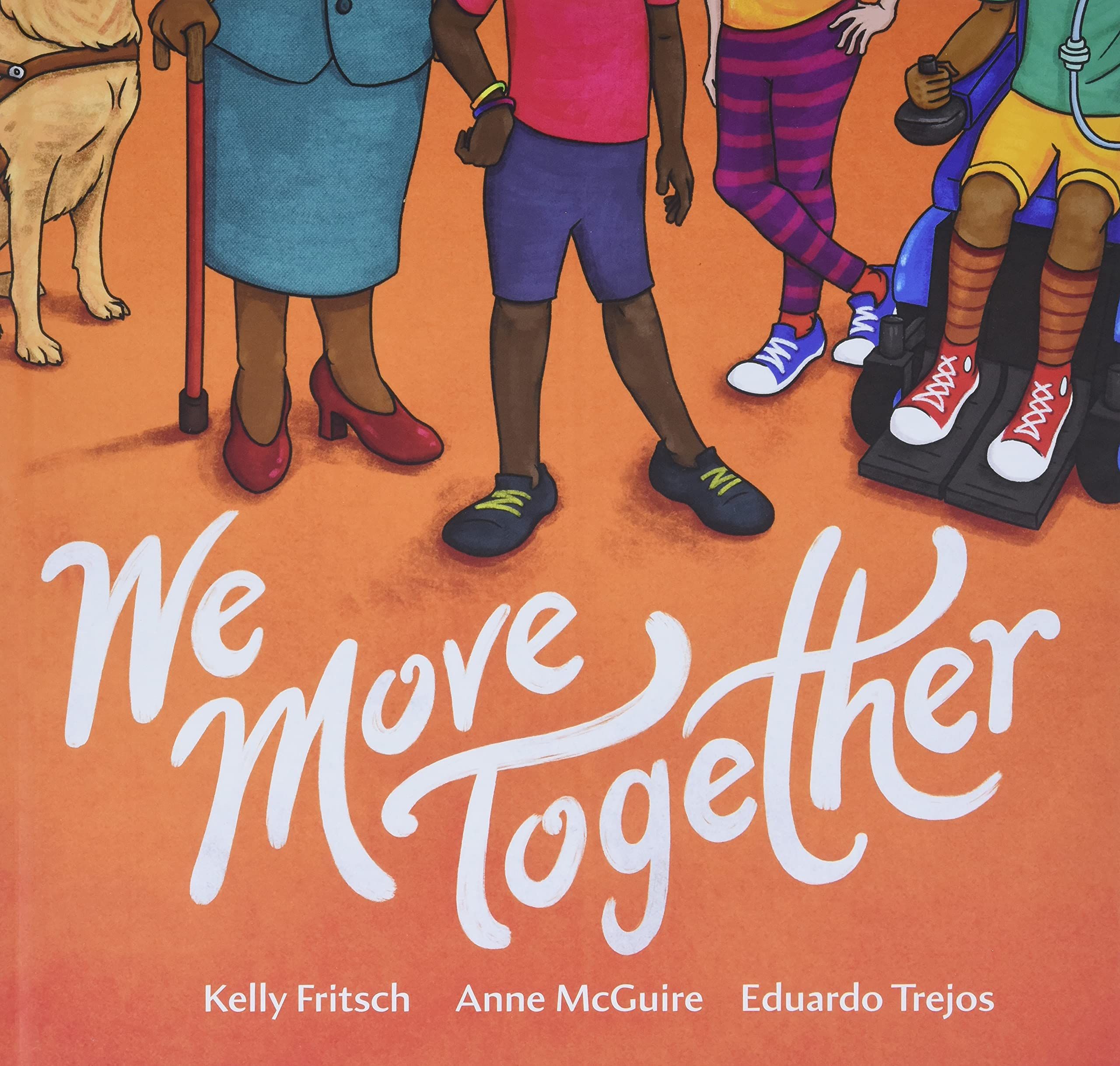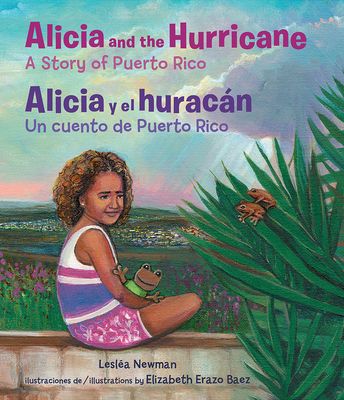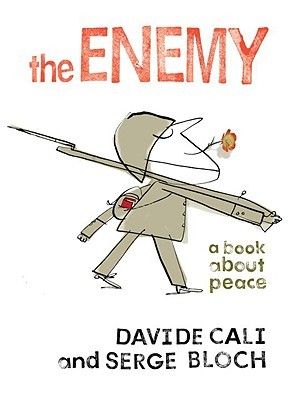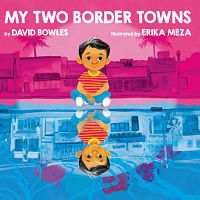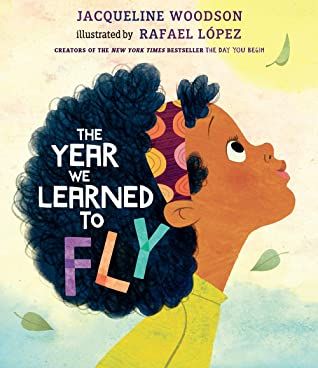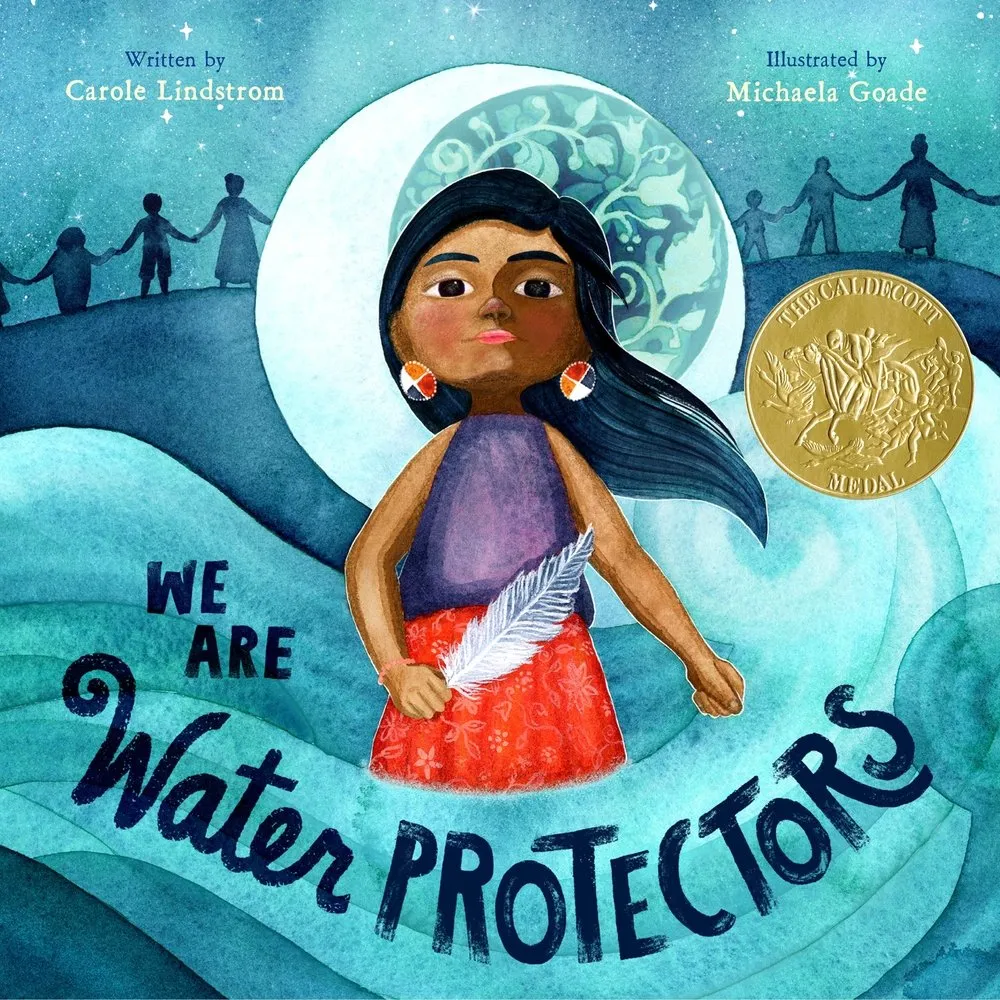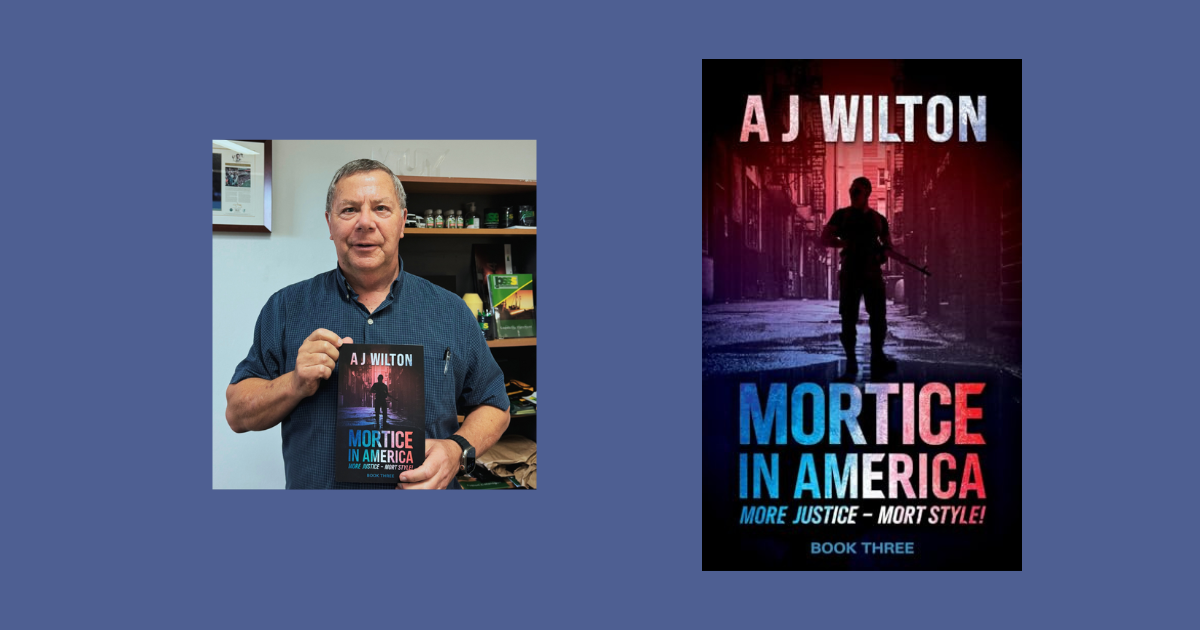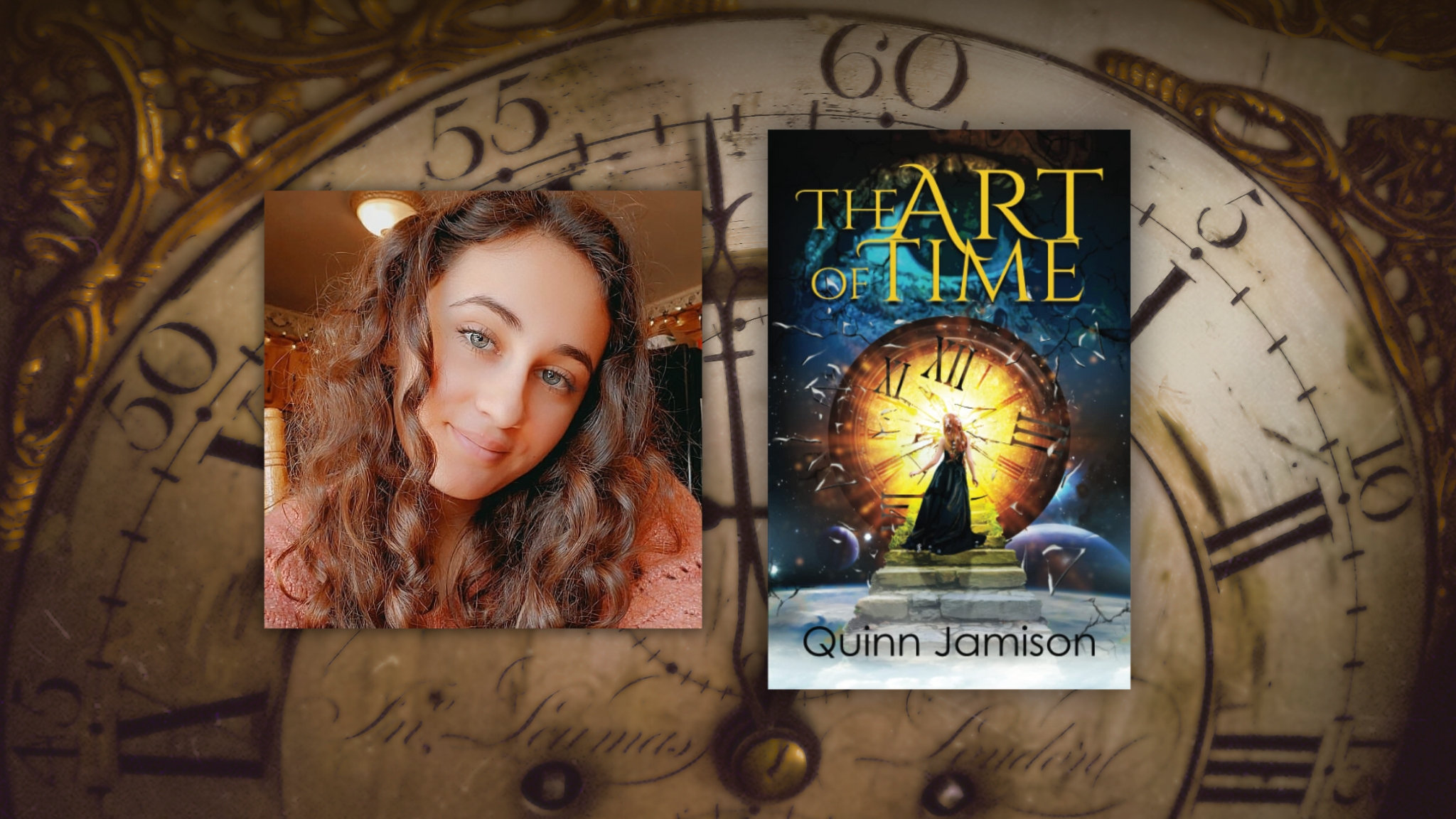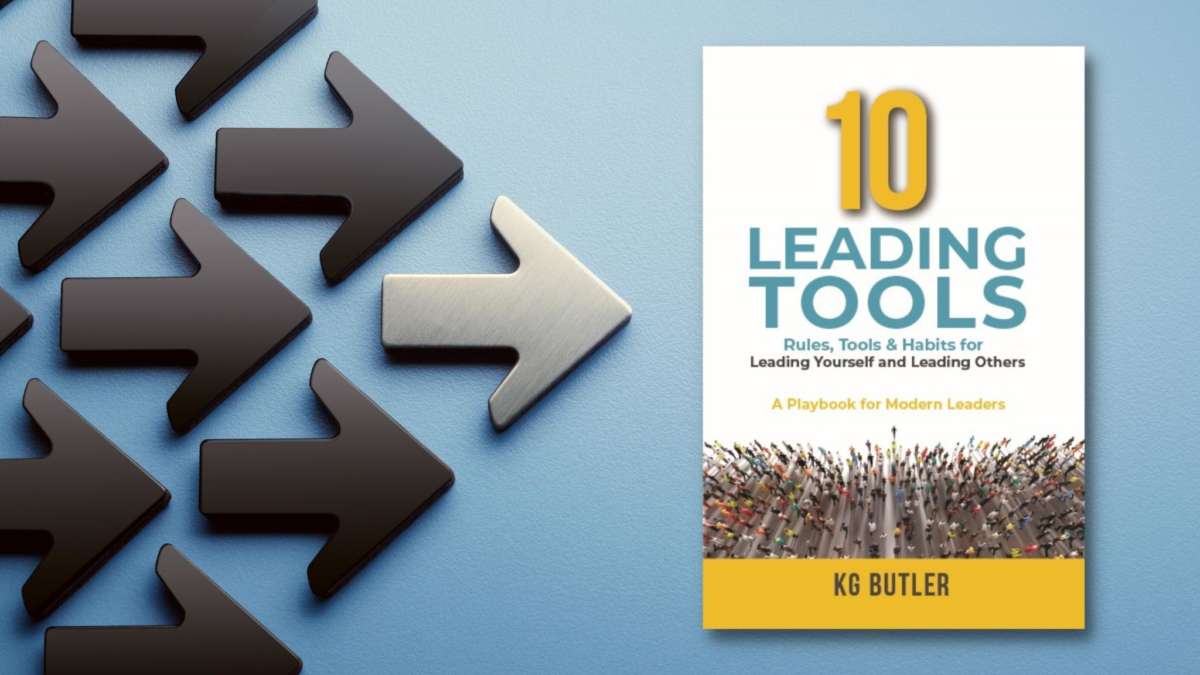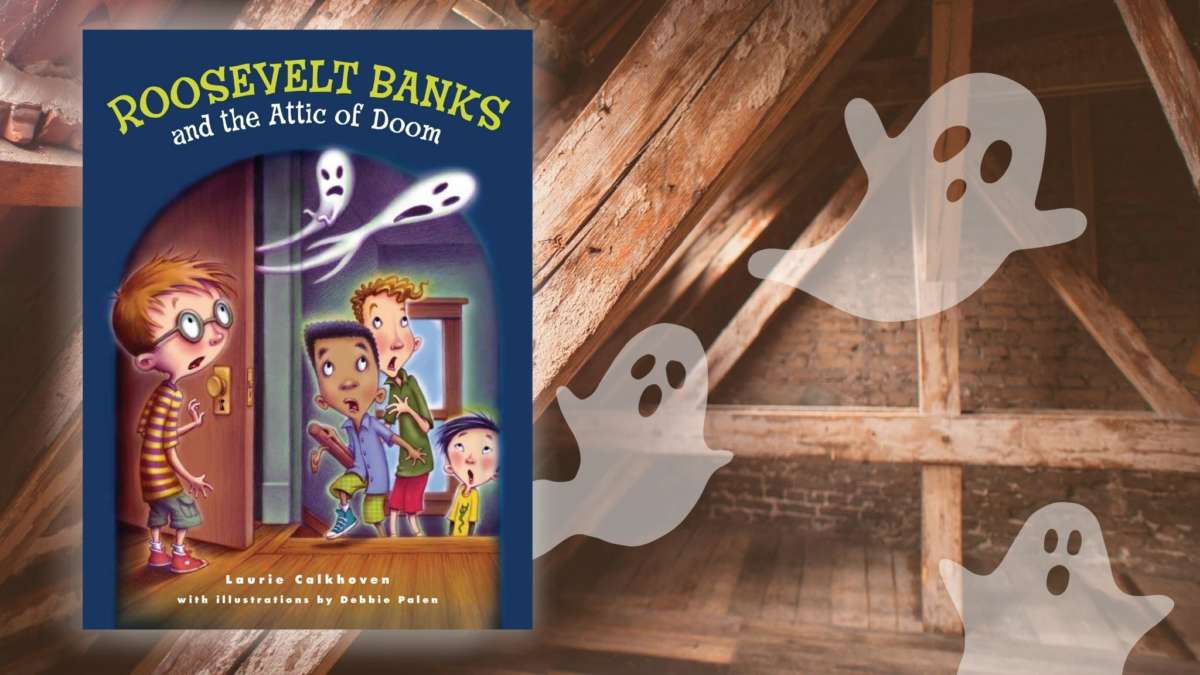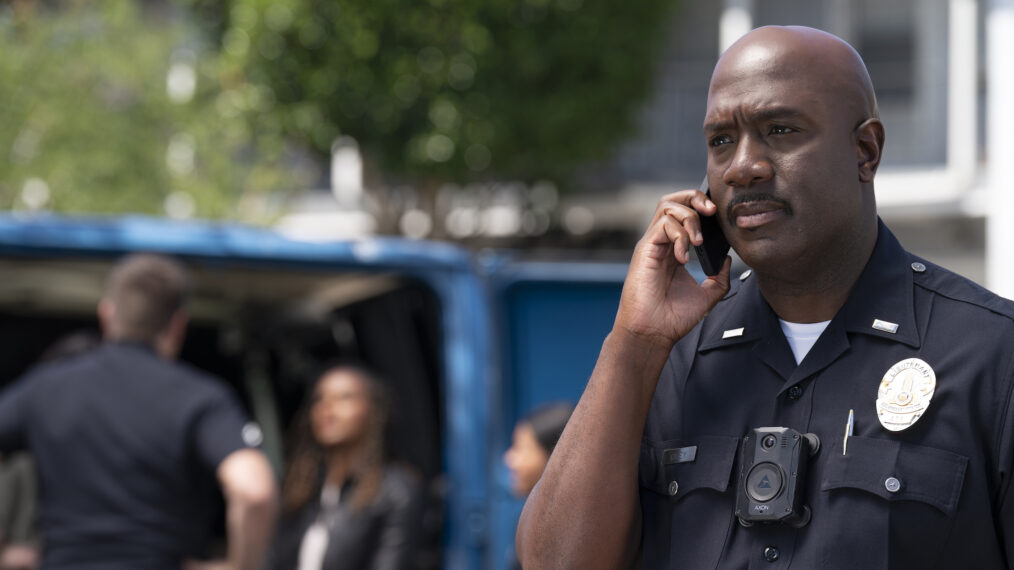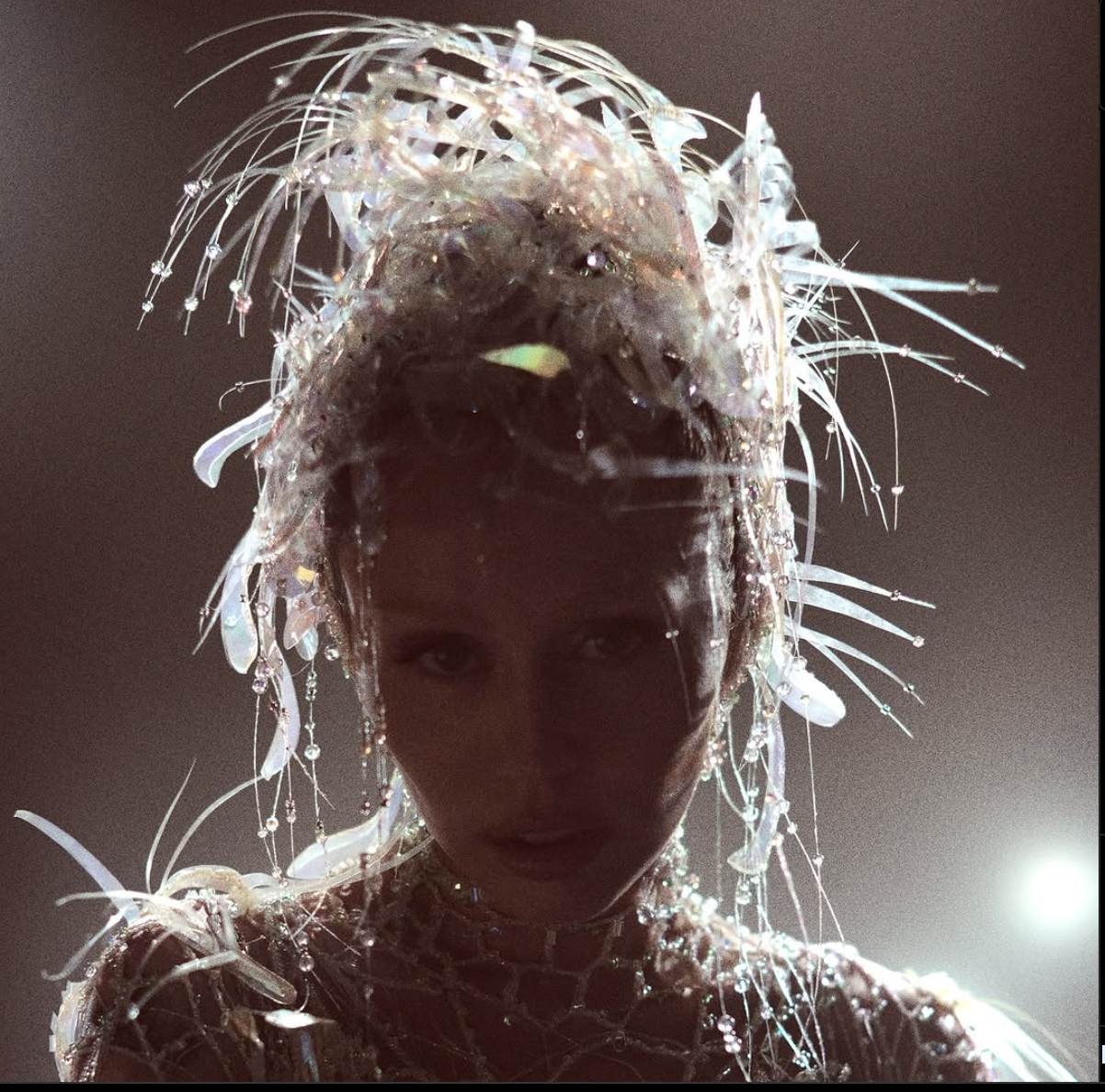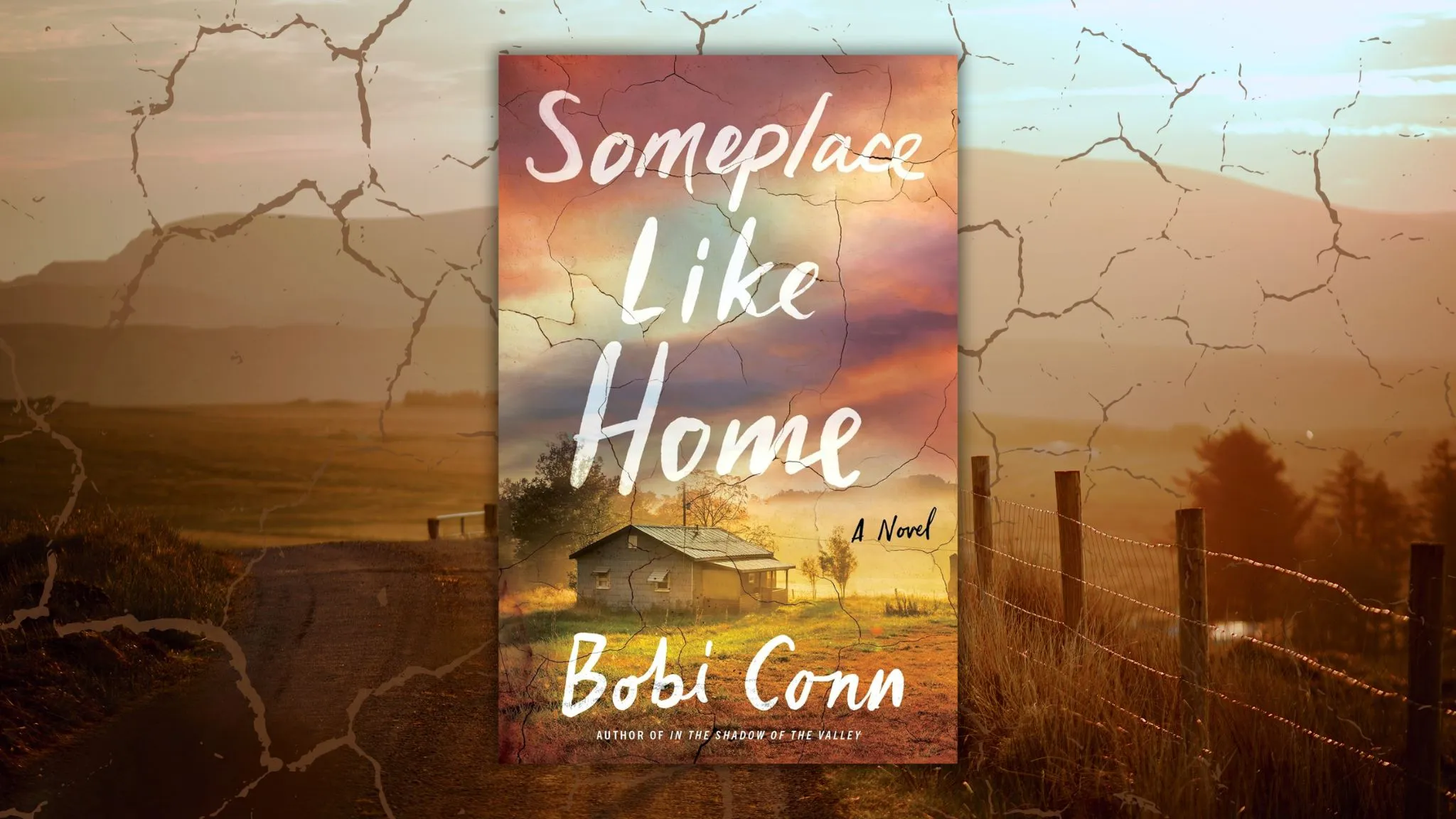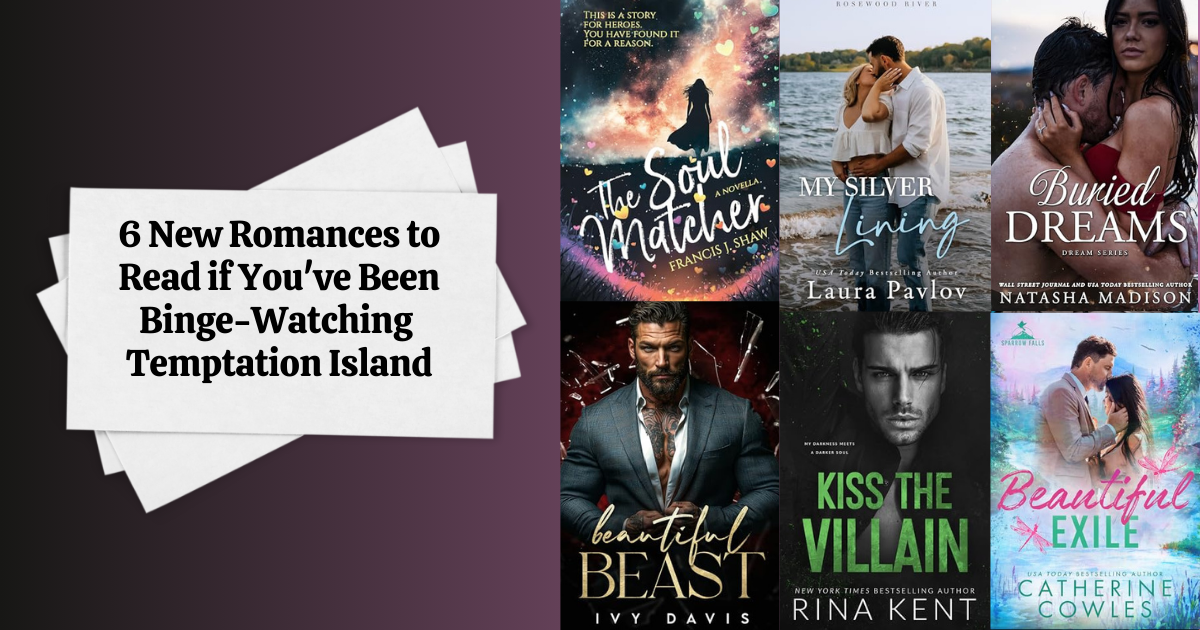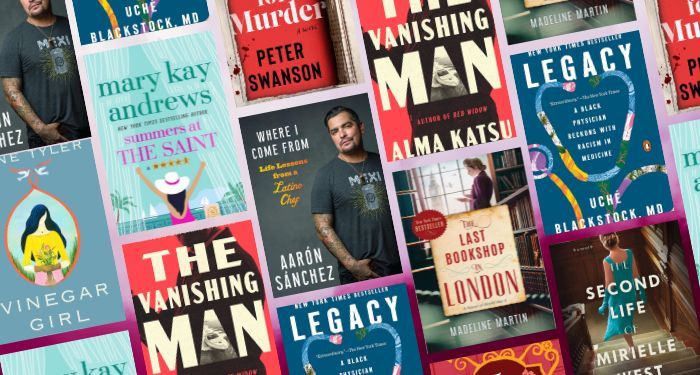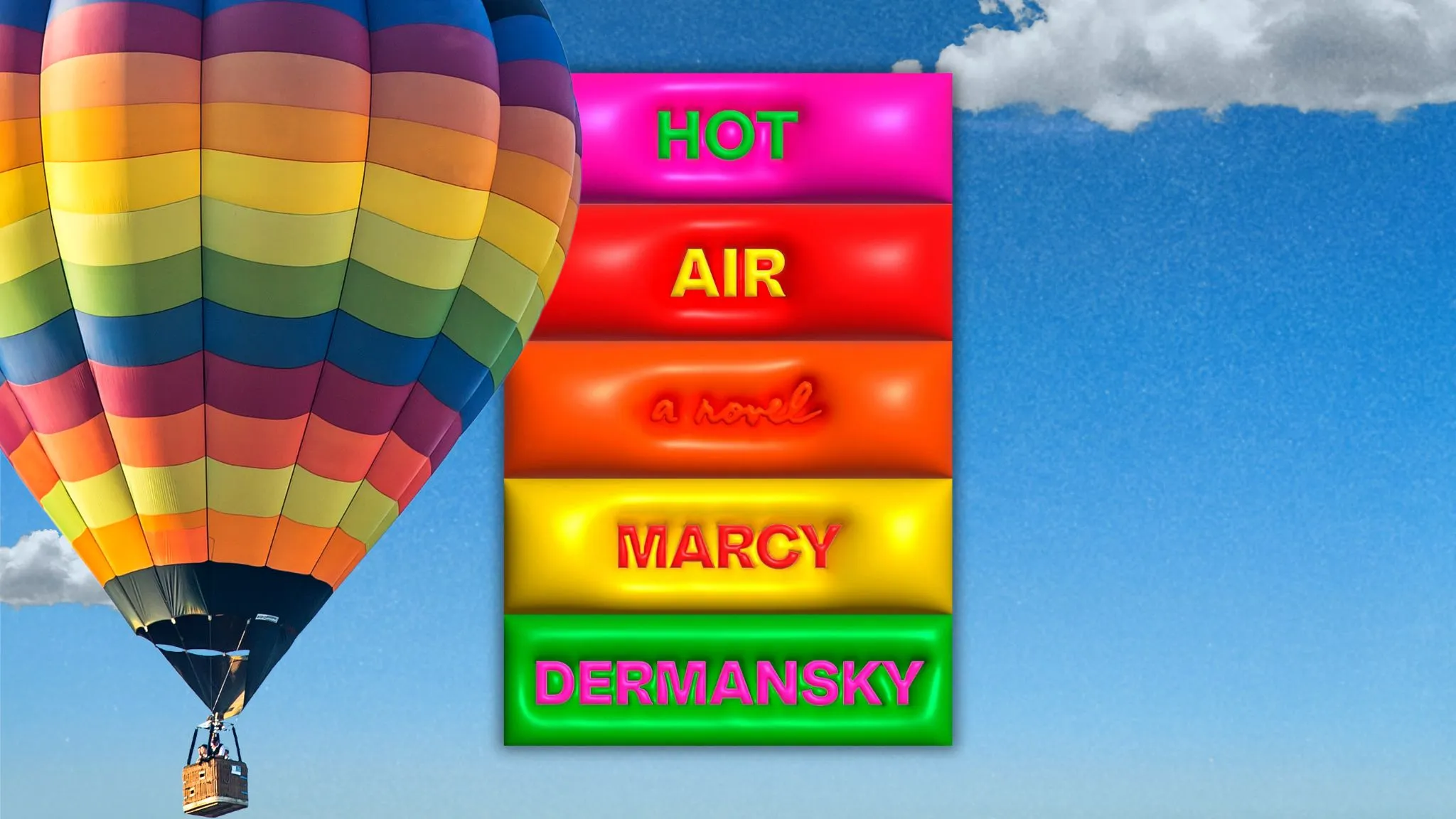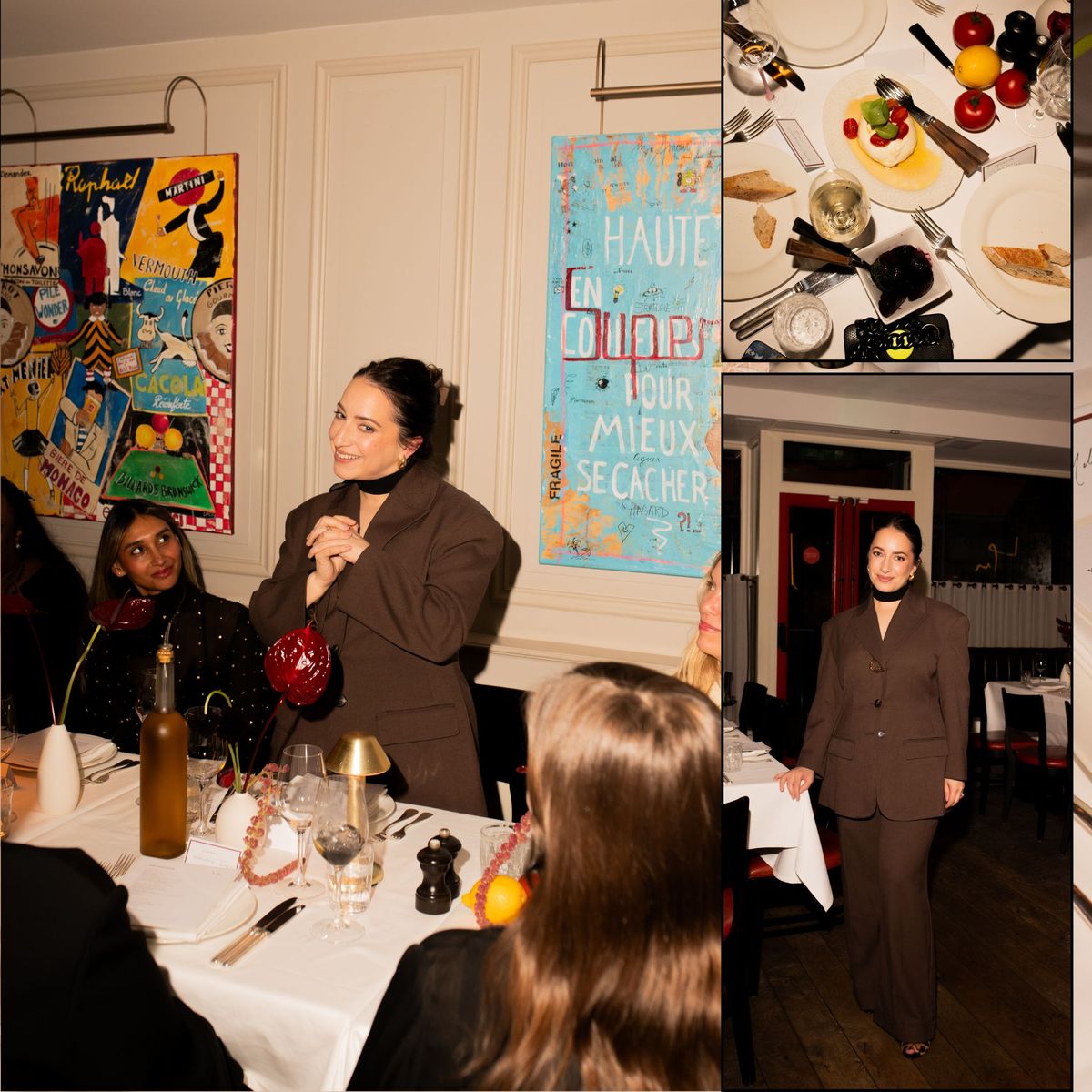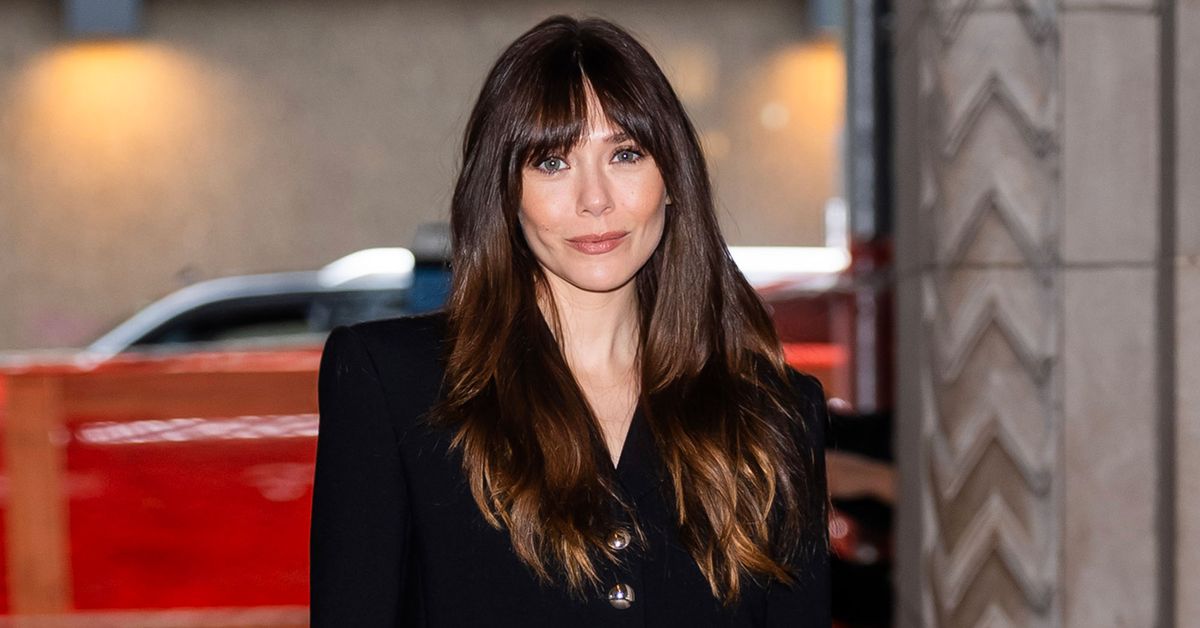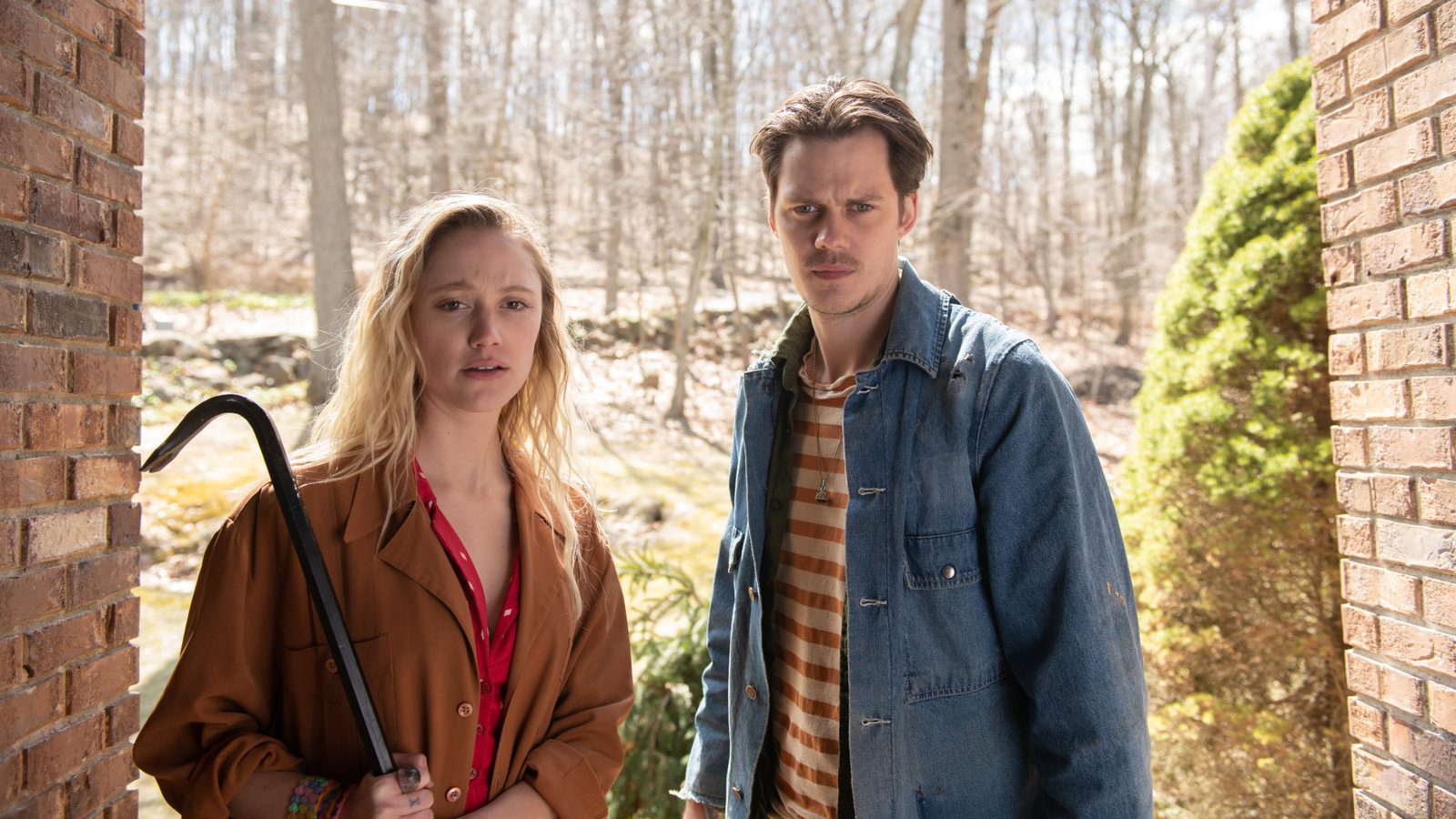This content contains affiliate links. When you buy through these links, we may earn an affiliate commission.
Hopeful stories for kids are so necessary right now. After all, it isn’t an easy time to exist in the world. I feel perma-stressed, and it gets worse each time I check Twitter or look up the news. And I’m not alone. I see the tension in my friends’ hunched shoulders and dark-ringed eyes. Many of us aren’t having the easiest time coping with the world — dealing with the harsh realities of COVID, racism, and the environmental crisis, plus much more — and kids can feel that stress in us.
As a librarian, patrons constantly ask if I have any recommendations about books that can gently, intelligently, and honestly explain to kids about all the Big Scary Topics. You know, those big themes that we adults still barely comprehend. But the good news is that the answer is yes — there are hopeful stories about difficult topics and this list holds a few of my favourites.
Outside, Inside by LeUyen Pham (COVID)
I’ve long been a fan of Pham’s work as an author and illustrator, and this COVID-related picture book is no different from the rest of her exceptional body of work. It describes those early days of lockdown in a genuinely moving way that speaks plainly about how the experience affected everyone and, in some cases, brought people together even as they were isolated. In its afterword, Pham describes the book as a “time capsule of our moment in history, when the world came together as one to do the right thing.” And that is exactly what she has done, capturing both the best and worst of it in the process.
Thao by Thao Lam (Racism)
Using handwritten font, childhood photographs, and Lam’s signature papercut art, the author describes her experience of having her name misunderstood, misspelled, and mispronounced. I just love how simply she puts it, not shying away from the racism that it is connected to, and I think everyone will be able to understand the frustration she feels.
We Move Together by Kelly Fritsch, Anne McGuire, and Eduardo Trejos (Disability Justice)
An excellent primer about disability justice, equality, and equity, co-written by Fritsch, a disabled writer, educator, and parent. The vividly illustrated images connect to text that portrays how people of different abilities can move through the world together. I also love that the end pages contain more in-depth breakdowns of the concepts — introducing ableism, for instance. The book’s art depicts a super-inclusive community of queer, BIPOC, and disabled individuals.
The Kids Are All Right Newsletter
Sign up to The Kids Are All Right to receive news and recommendations from the world of kid lit and middle grade books.
Thank you for signing up! Keep an eye on your inbox.
By signing up you agree to our terms of use 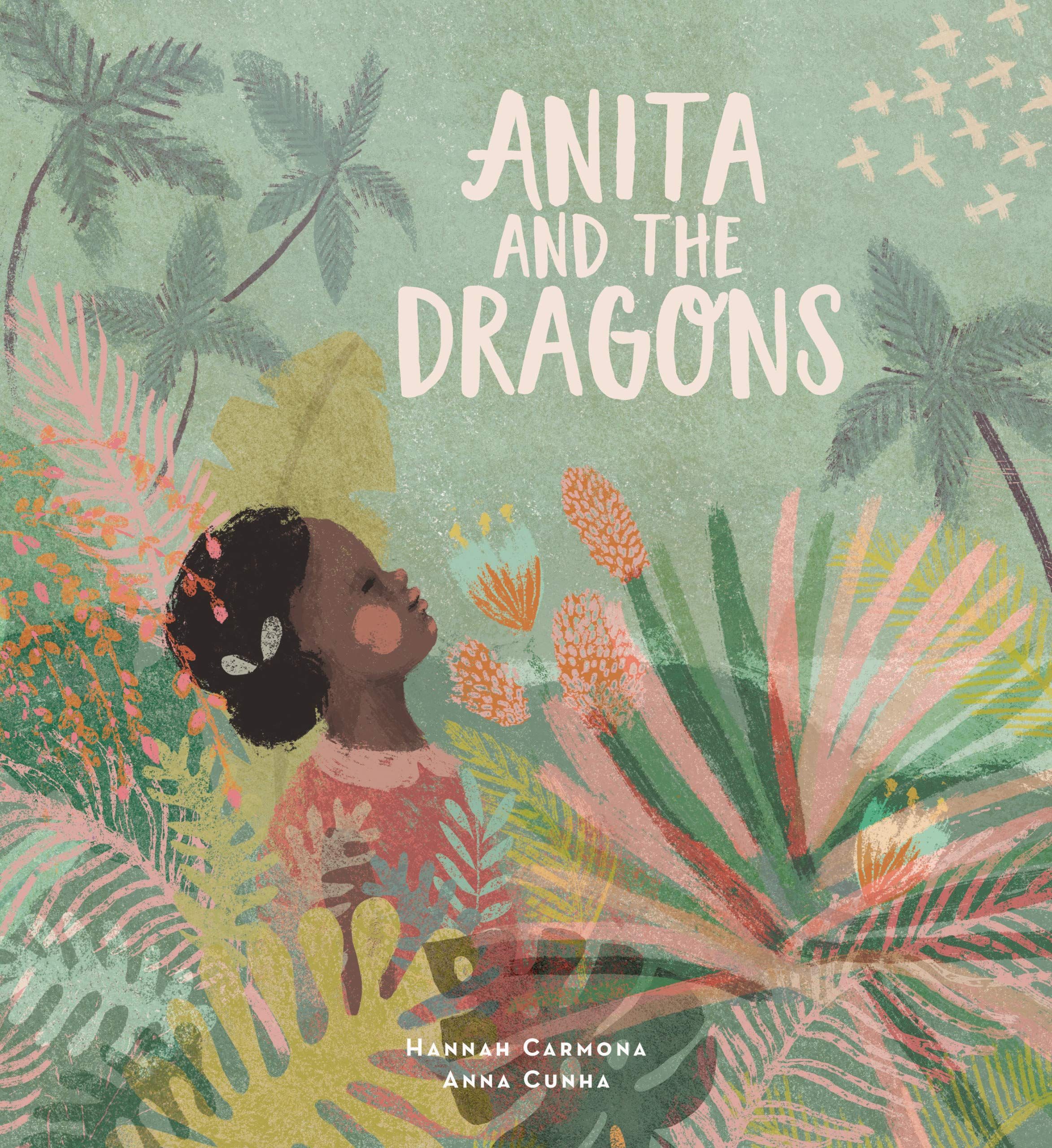
Anita and the Dragons by Hannah Carmona and Anna Cunha (Immigration)
A brave little girl named Anita prepares for her family to leave the Dominican Republic forever, leaving behind her Abuela and the only home she knows. By pretending that the plane is a dragon and that she is a princess, she pushes through her conflicting feelings about the life-shifting move. It’s a striking and insightful representation of courage in starting all over.
Alicia and the Hurricane: A Story of Puerto Rico/Alicia y el huracán: Un cuento de Puerto Rico by Lesléa Newman, Elizabeth Erazo Baez, and Georgina Laazaro Leaon (Natural Disasters)
When Alicia goes to bed each night, she listens for the sound of the tiny coquíes that live all around Puerto Rico, calling ko-kee, ko-kee as they lull her to sleep. Alicia and her family have to go to a shelter after their community is devastated by a hurricane; trying to sleep, she wishes for the sound of the coquíes. Once the terrible storm passes, her neighbours join together to rebuild their ruined homes, and Alicia hopes she will soon hear the familiar ko-kee, ko-kee again. Textured, richly evocative illustrations accompany the fully bilingual text. Newman, whose spouse is originally from Puerto Rico, uses the coquis as a symbol of hope and tenacity for this emotional story about a community working in tandem to recover from a natural disaster.
The Enemy: A Book About Peace by Davide Calì and Serge Bloch (War)
Children’s books explaining war is a big request right now, with kids seeing and hearing all sorts of news about the war in Ukraine. How do you explain war to your tiny humans without sending them into melancholy like Leeloo in The Fifth Element? This is definitely a book that will require a post-read discussion, with talk of killing and trauma. Two lone soldiers stand across a dividing line, hiding from one another as they grow increasingly hungry and contemplative. A beautiful, sad, and ultimately hopeful story.
My Two Border Towns by David Bowles and Erika Meza (Refugees)
Every few weeks, a little boy and his father travel across the U.S.-Mexico border to bring games and treats to the refugees who are detained between the two countries. The art is expressive and full of wonderful details that will give children much to take in on multiple read-throughs, and it gently tackles the subject while ending on a heartening note.
The Year We Learned to Fly by Jacqueline Woodson and Rafael López (Slavery)
Following The Day You Begin, this is another team-up by greats Woodson and López. When a brother and sister are bored one day, their grandmother recounts a story about their ancestors and the struggles that they faced as slaves. It is a gorgeously illustrated, insightfully written story about perseverance.
We Are Water Protectors by Carole Lindstrom and Michaela Goade (Environmental Crisis)
This is a Caldecott Medal award–winner written and illustrated by Indigenous creators. A young girl and her tribe are water protectors, who vow to protect their homeland from a destructive oil pipeline. Inspired by the Standing Rock Sioux’s Dakota Access Pipeline protests, Lindstrom’s story thoughtfully explores the environmental activism of the Indigenous peoples.
While these hopeful stories are still full of sad moments that will likely require further discussion, they are poignant and honest. So when you are ready to teach preschool-aged kids about topics like racism, war, and natural disasters, this is a sampling of the wonderful new titles that you can turn to for help.



